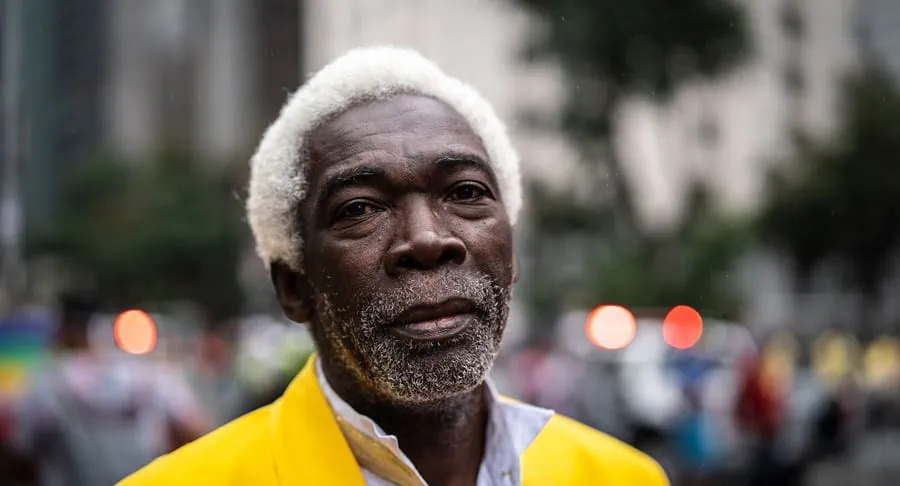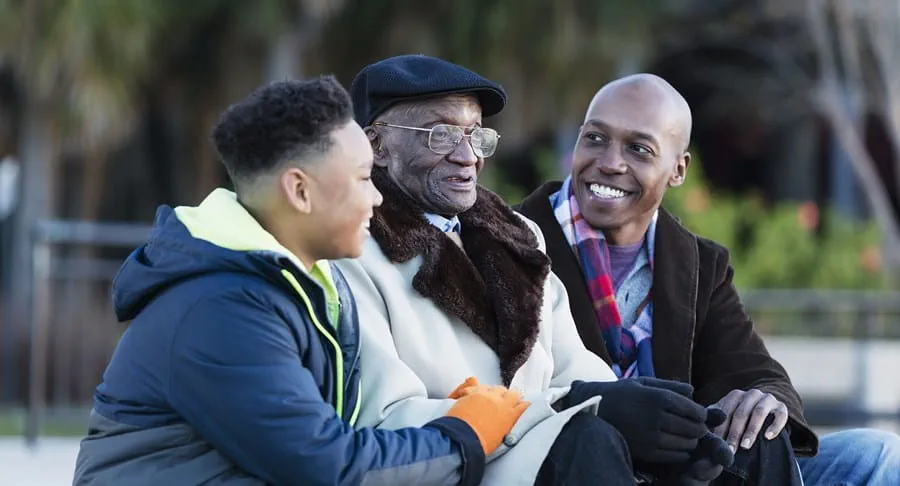
Prostate cancer risk in the Black community
What you need to know about your prostate cancer risk
In fact, Black men of African or Caribbean ancestry have almost double the risk of developing prostate cancer compared to non-Black men. They are also more likely to have prostate tumours that grow and spread quickly. Black men are also more likely to die from prostate cancer compared to other men.
New research looking at immigrant men in Ontario found that those who immigrated from West African and Caribbean countries had higher prostate cancer rates than other immigrants and long-term residents.
This is why it’s important to understand your risk of prostate cancer and take action to find it early. When prostate cancer is found and treated early, the chances of successful treatment are better.
How can Black men be more vigilant?
The best way you can be more vigilant about prostate cancer is by knowing your risk, the signs and symptoms and speaking to your healthcare provider. The earlier prostate cancer is found, the more likely treatment will be successful. When prostate cancer is caught early, close to 100% of men will survive 5 years or more.
Understanding your risk and the signs and symptoms of prostate cancer can be complicated. Prostate cancer may not cause any signs or symptoms in its early stages. The signs and symptoms of prostate cancer, like frequent urination, may also be a result of another health condition. That's why getting regular health checkups and talking to your healthcare provider about testing, is so important.
If you are a Black man under age 40, understand your prostate cancer risk and find out what you can about your family history of prostate cancer.
If you are a Black man in your 40s, make an informed decision about whether testing is right for you by talking with your healthcare provider
What to know about testing for prostate cancer
There are two tests available to you: the prostate-specific antigen (PSA) test and/or a digital rectal examination (DRE).
The PSA test is a simple blood test. The PSA test will inform you and your healthcare provider of changes in your PSA levels and if you should test more frequently in the future. Testing regularly will alert you to significant changes in PSA levels and may require your healthcare provider to perform additional tests to confirm a prostate cancer diagnosis.
The DRE is an exam in which a healthcare professional puts a finger into the rectum to feel the size and shape of the prostate and any unusual shapes or irregularities. The process may feel uncomfortable but is not painful.
Using these tests together is better than using either test alone. PSA testing together with a DRE may help find a dangerous cancer early when it is easier to treat. If a problem is found, more tests will be done to find out whether you have prostate cancer or another health problem.
If you are concerned about your health, give yourself peace of mind and reassurance by speaking to your healthcare provider about getting tested for prostate cancer.
If you know someone who might be at a higher risk of prostate cancer because of their ethnicity or family history, talk to them about their risk and how they can take action for their health.
We want to hear from you about what you've learned! Please complete our survey:
What are other risks for developing prostate cancer?
What are possible signs and symptoms of prostate cancer?
What do I ask my healthcare provider about finding prostate cancer early?
What else do I need to know about finding prostate cancer early?
Community Services
Community support can help people with cancer and caregivers with navigating cancer experience. Some Black community support organizations and groups in Canada with a focus on prostate cancer include:

Your trusted source for accurate cancer information
With support from readers like you, we can continue to provide the highest quality cancer information for over 100 types of cancer.
We’re here to ensure easy access to accurate cancer information for you and the millions of people who visit this website every year. But we can’t do it alone.
Every donation helps fund reliable cancer information, compassionate support services and the most promising research. Please give today because every contribution counts. Thank you.




